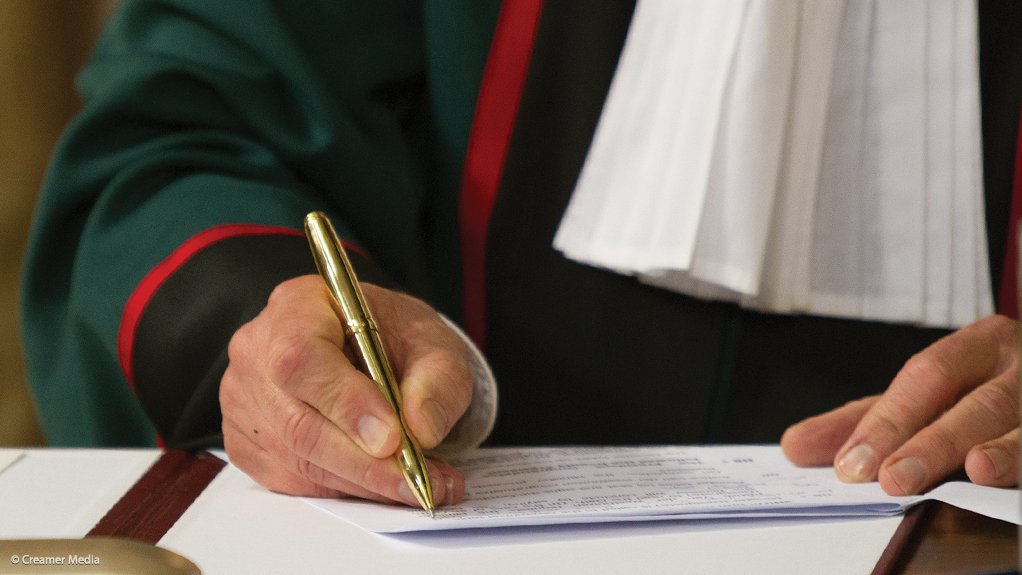Department of Cooperative Governance and Traditional Affairs deputy director-general for policy, governance and administration Dr Kevin Naidoo said on Wednesday the department intends to submit the Draft Local Government: Municipal Coalitions Bill to the State Law Advisor for final vetting and to the Presidency for a final economic and social impact assessment by December.
The Department of Cooperative Governance and Traditional Affairs announced on Wednesday that it planned to table the Draft Local Government: Municipal Coalitions Bill in July 2025.
The legislative proposals are meant to better guide the establishment and management of coalition governments.
The Bill proposes introducing legally binding coalition agreements, a minimum threshold of 1% for a seat in councils, no-confidence votes by a show of hands only after two years have passed since electing municipal office-bearers, and a collective executive system instead of mayoral executive systems in hung councils.
Cooperative Governance and Traditional Affairs Portfolio Committee chairperson Dr Zweli Mkhize said the committee had requested more information from the department on the draft legislation to prepare and exchange ideas on the proposals in the Bill before tabling them.
Naidoo said the number of hung councils had increased significantly from 29 in 2000 to 82 since the 2021 local government elections.
“A hung council is one where no party has over 50% of the votes. This, the committee heard, brought many governance and service delivery challenges, necessitating a framework to guide the formation and management of coalition councils,” he explained.
Noting the proposal regarding removing municipal office-bearers by a show of hands, Mkhize said the committee resolved to get a legal opinion.
“We don’t believe that there is a way we can prescribe that, on such a matter, the secret ballot is unacceptable. Can we make a law to outlaw a secret ballot? I don’t think we can,” he said.
“There can be a credible basis on which people would actually object to an open voting system. What is important here is to indicate that the provision for a secret ballot is a right that we cannot just easily overrule,” said Mkhize.
The committee noted the department’s rationale to mitigate against smaller parties or independent councillors who often turn out to be kingmakers driving “a hard bargain” in coalition formations and ending up with “a level of political power that has no relation to their electoral support”.
The committee enquired about the legality and constitutionality of a 1% threshold and resolved to get a legal opinion from Parliament’s Legal Services Unit.
“The committee stressed that where the framework on coalition government is concerned, the focus should be that such a government must be in the voters’ interest. It also noted, however, that the nature of forming such a government is a combination of negotiations, policy agreements, policy alignment and disagreements,” Mkhize explained.
However, the committee also noted other non-policy issues, such as trust, mutual respect and sometimes plain self-interest, which would play a role.
EMAIL THIS ARTICLE SAVE THIS ARTICLE ARTICLE ENQUIRY
To subscribe email subscriptions@creamermedia.co.za or click here
To advertise email advertising@creamermedia.co.za or click here











